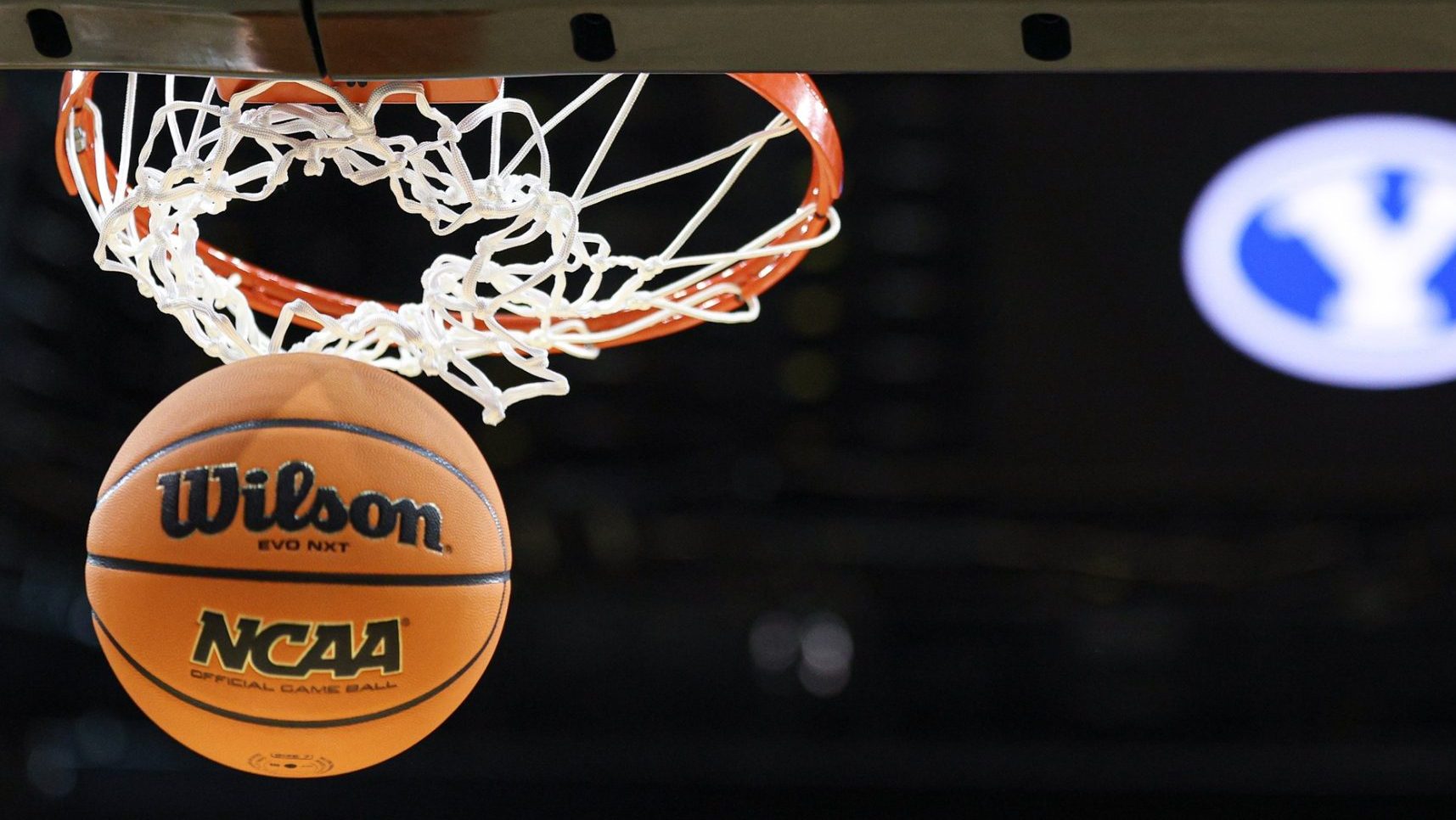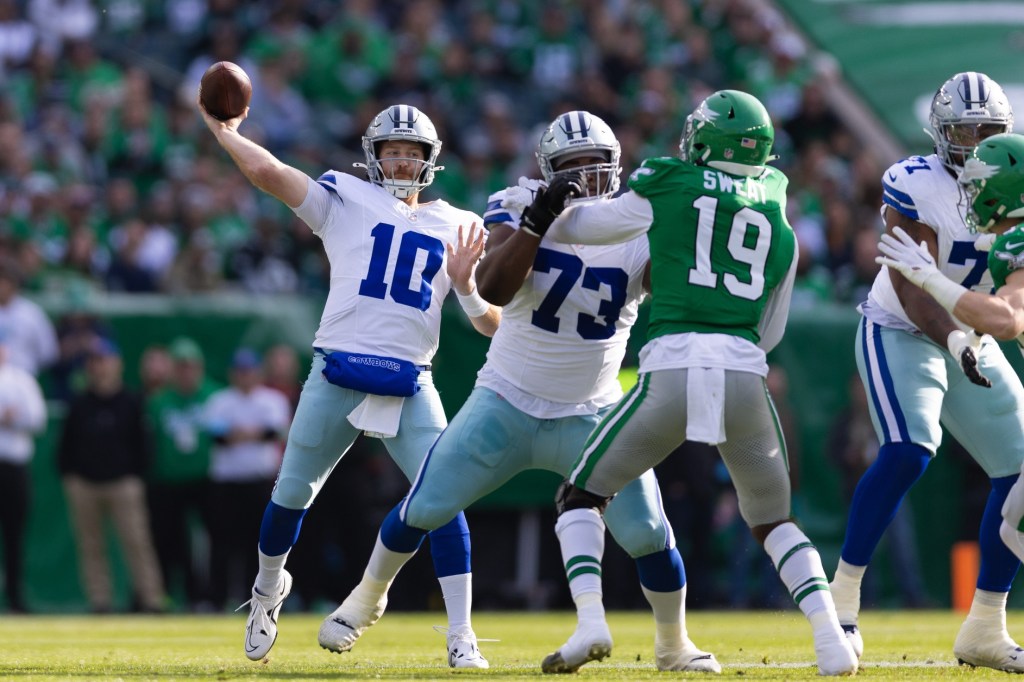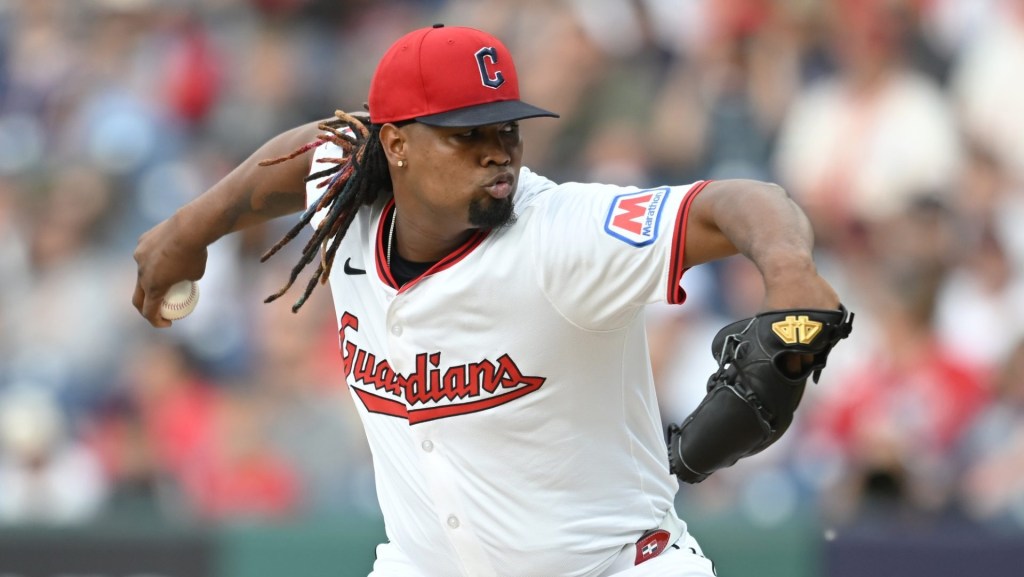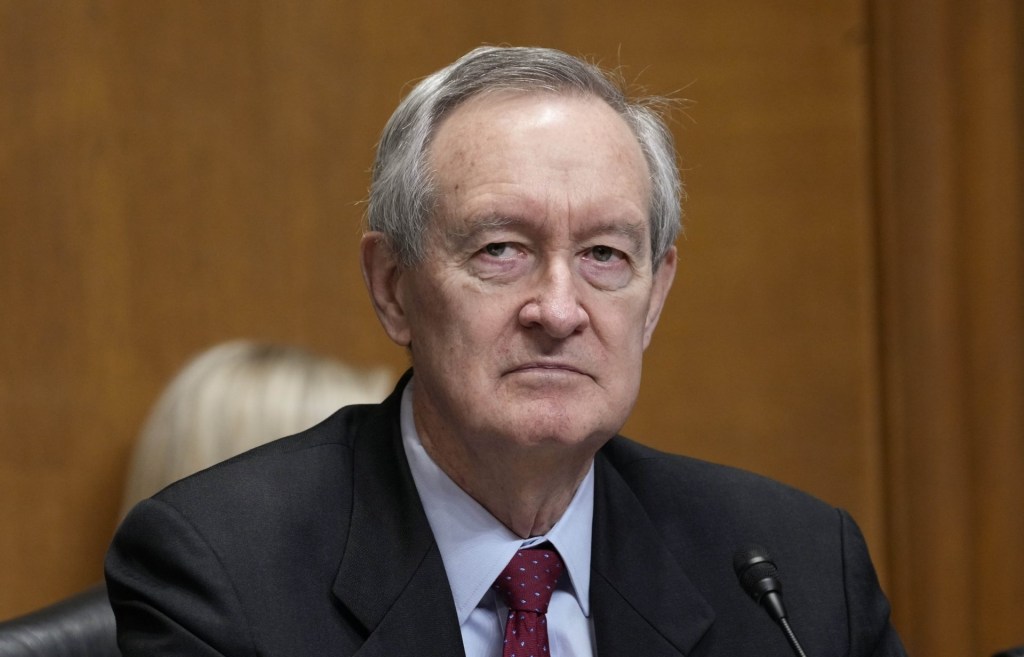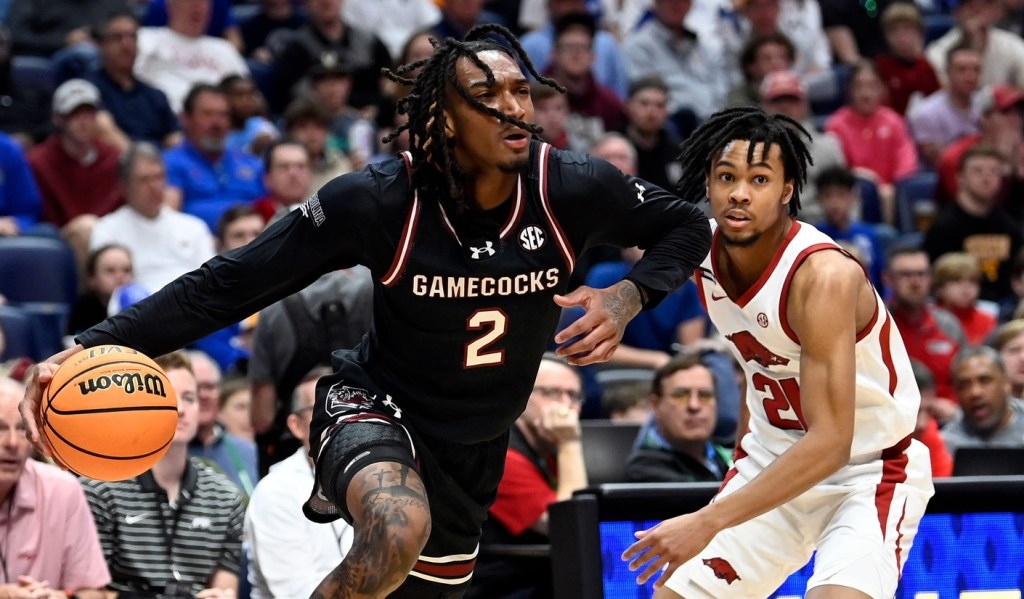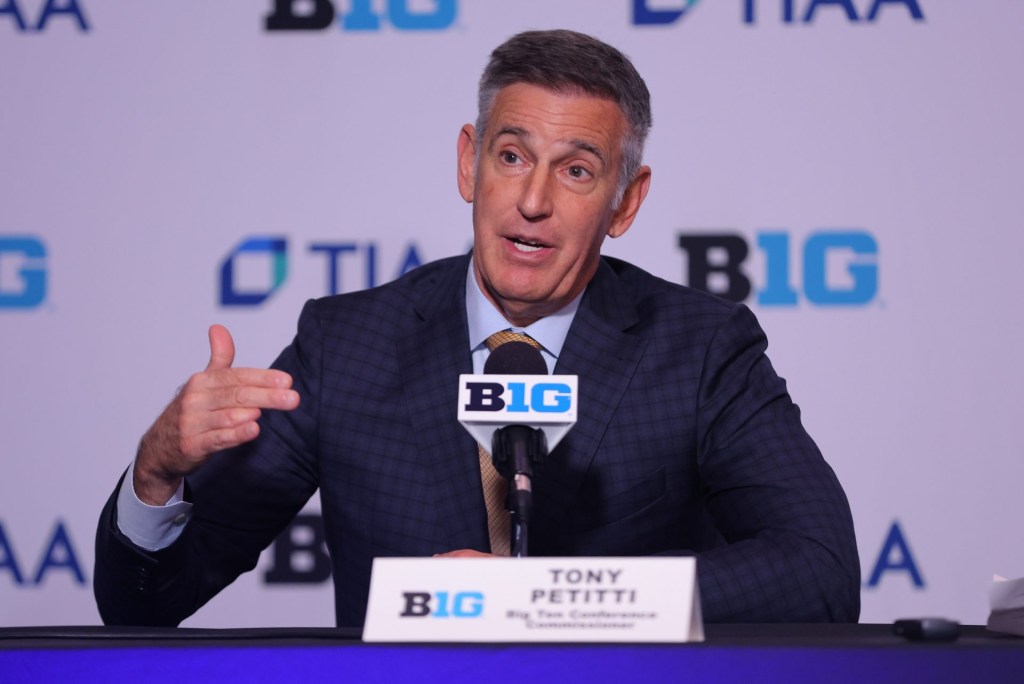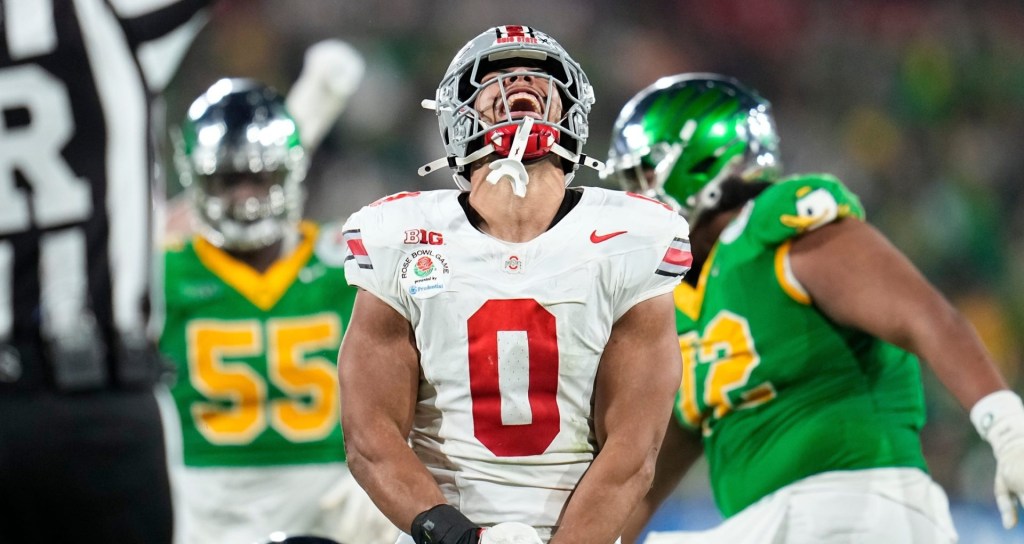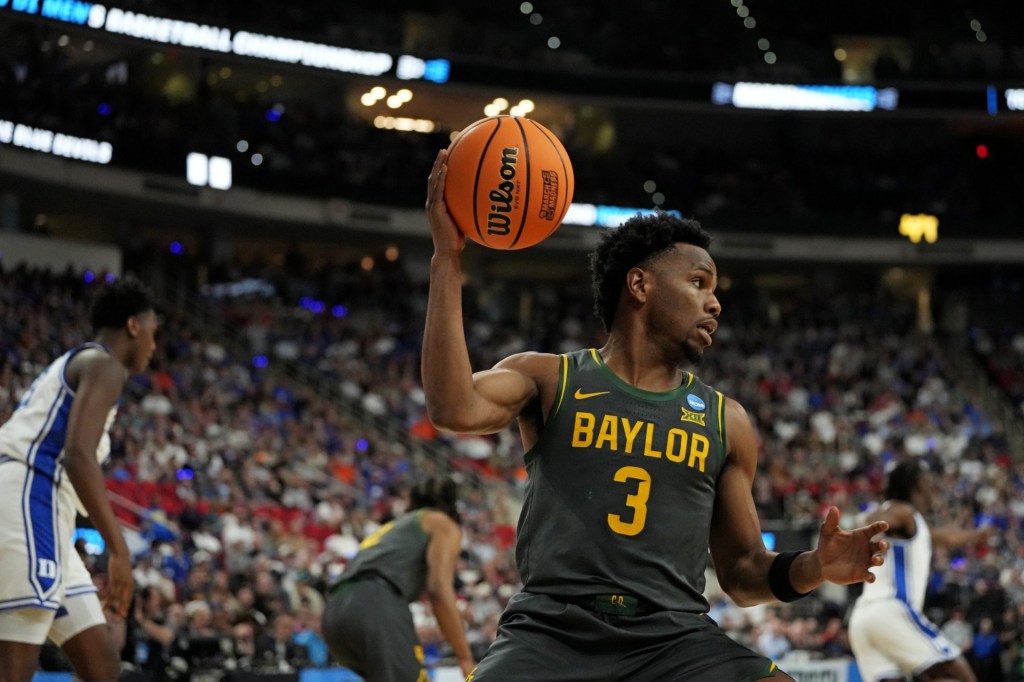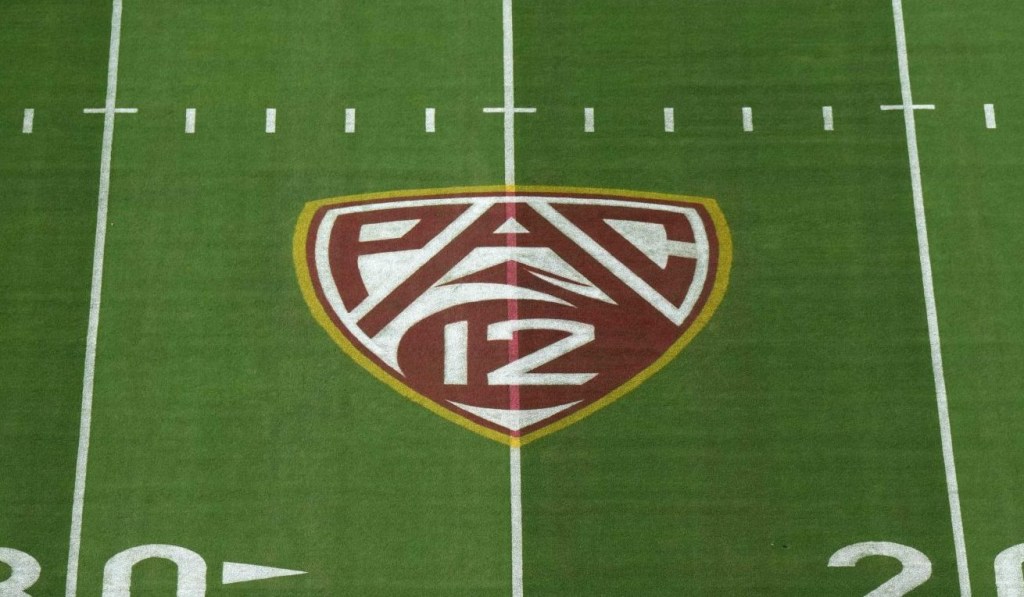After an hourslong hearing in Oakland, Northern District of California judge Claudia Wilken declined to approve the House v. NCAA settlement—a combination of three cases which would, among other things, allow players to get paid by schools for the first time in history—as it is currently written.
She ordered lawyers to amend language in the settlement that binds future athletes not currently represented or in college to its terms, without a chance to challenge them (as the system the settlement sets up continues for at least 10 years). She also indicated she wants changes to parts of the settlement related to roster limits, suggesting a “grandfathering” clause to help athletes who received roster spots before the settlement’s approval that would be rescinded under the settlement.
Lawyers will get back to Wilken in one week about whether they think they can amend the settlement to her liking. “Maybe some [issues] you can fix, maybe some you can’t but you can give a better explanation,” she said. “Basically, I think it is a good settlement. Don’t quote me.”
(Wilken did this same thing for the early approval process for the settlement back in the fall, but ultimately gave it preliminary approval.)
The settlement would offer $2.8 billion in back-damages to athletes who didn’t get to earn NIL (name, image, and likeness) dollars before the NCAA changed its rules in 2021. It would also allow all Division I schools to share revenue with all players in an athletic department up to a cap that would begin at $20.5 million, and continue for 10 years. The settlement would impose new limits, too, allowing the NCAA to block NIL deals offered by collectives that could be “pay for play,” and imposing roster limits.
Wilken’s main concern was about locking future college athletes into a settlement before they’re even old enough to be recruited, given that the settlement would create a revenue-sharing system and roster/NIL limits for the next 10 years.
“Can you have a class of future people who aren’t known yet?” Wilken asked one of the lawyers. “Can they be understood to release claims for things that haven’t happened yet? … I’m more interested in the problem of future class members and future claims. They can’t get notice. They can’t object before [the settlement is] approved. What about that?” She called them “iconic 10-year-olds on the asphalt.”
Michael Hausfeld, the lead attorney in the O’Bannon case over NIL rights who was presenting an objection, said: “I am very concerned about the rights of those yet to be inducted into the college sport arena.” Attorney Andrew Ellis, who represented objectors, said: “The way to remedy it is through separate counsel that is solely devoted to their interests.”
In response to these concerns, plaintiff attorney Jeff Kessler said that there’s a mechanism in the settlement to revisit the terms annually, which would theoretically allow concerns of future athletes to be considered. “We’re very comfortable with this process,” he said.
Statement on settlement hearing. pic.twitter.com/xfsxUvikAl
— NCAA News (@NCAA_PR) April 7, 2025
Another issue Wilken considered: that the settlement imposes roster limits as a way to control the sports environment after taking away caps on how many scholarships teams can offer. Dozens of athletes, parents, and industry experts have objected to the roster-limit impositions, saying they’ve already lost roster opportunities because schools have rescinded their offers in preparation for the settlement’s implementation. “The written objections are just a fraction of the reality,” Utah swimmer Gannon Flynn said of the breadth of the issue.
Wilken appeared inclined to provide a solution: allow schools to keep the roster spots they’ve already extended to players before the settlement’s approval, and then impose the roster limits for the future.
LSU gymnast Livvy Dunne, considered one of the most successful beneficiaries of NIL, appeared over Zoom to criticize the damage claims specifically. “This settlement doesn’t come close to recognizing the value I lost,” she said.
But Judge Wilken has said multiple times, including in this hearing, that she wouldn’t consider gender equity issues as a Title IX case could be brought separately. She’s already made lawyers include a clause in the settlement making it clear that the settlement doesn’t protect the NCAA, conferences, or schools from gender-equity lawsuits in the future. Plus, she said later in the hearing: “The method used to calculate lost NIL opportunities seemed reasonable.”
Ultimately, this and other issues like athlete employment questions aren’t the legal issues that are being adjudicated by the settlement. Collective bargaining “may be a great idea… that just isn’t part of this case,” she said. “Same goes for the minimum wage claim or the fair labor standards claim.”
The only issue at hand: antitrust.
